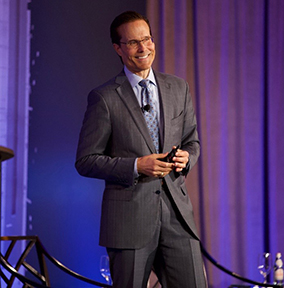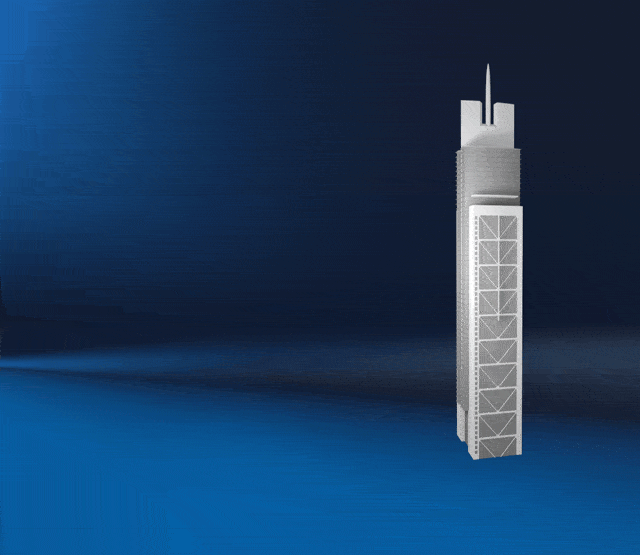Technology, Innovation and the Future of Real Estate

The future of real estate is already upon us, according to MIT Center for Real Estate's Steve Weikal, with the industry in the midst of a complete revolution in how properties and assets are managed and developed.
To mark the opening of DLA Piper's 2019 Global Real Estate Summit, Weikal provided the industry leaders in attendance with insights into the innovative solutions and technology that he believes will disrupt traditional real estate relationships and expectations. From a wave of new startups, to real estate "fracking," to user experience in the digital age, Weikal outlined a roadmap of where the industry is headed.
The PropTech "Startup Tsunami"
As highlighted in the annual DLA Piper Real Estate 2019 State of the Market Survey, venture investment in real estate-focused tech companies and startups reached US$12.9 billion in the first half of 2019, passing the record-breaking US$12.7 billion invested in all of 2017. Additionally, the survey found 85 percent of respondents believed e-commerce and related logistics activities will be most impactful on the commercial real estate (CRE) industry next year.
Weikal described this investment trend as the venture-funded R&D of real estate. He emphasized that the funding available to innovative real estate companies is impressive, identifying a number of PropTech-focused funds that had raised hundreds of millions in capital in recent months. He went on to project that, when combined with today's ubiquitous connectivity, these new companies will change the foundations of the real estate industry.
Fracking Comes to the Real Estate Sector
Fracking is most commonly associated with energy companies, but Weikal shared that MIT Professor Dennis Frenchman defines its real estate application as "using technology to break real estate use apart and put it back together into something more productive, thus unlocking overlooked asset value." Many early darlings of the sharing economy, from coworking companies to home sharing, embodied this approach.
"Coworking is here to stay, in case you thought it was a fad," Weikal told the crowd. Far from being reserved for startups or small-scale operations, coworking is now employed by businesses with thousands of global employees, and Weikal sees this trend as continuing to grow.
But it is not just coworking where fracking is making an impact. Weikal explained that the move towards "liquid space" allows companies to book empty meeting rooms in the offices of other companies, while a crop of new startups are changing the face of retail property by offering rental options for pop-up shops and helping different sectors partner with retailers in need of flexible space. Even big-box retailers are getting in on the game, renting out parts of massive stores. Weikal quoted Mark Grinis of EY, saying, "CRE is no longer a fixed asset – it's fluid."
User Experience Takes Center Stage
Borrowing this time from the tech sector, Weikal said that the UX [user experience]—and UI [user interface]—will be of vital concern in real estate. Weikal referenced a quote from Chris Kelly, co-founder and president of Convene, saying, "What talent wants, landlords need, and developers must build."
No longer looking for a blank canvas, tenants increasingly want the amenities and chic styling made commonplace by coworking companies. This will help landlords attract loyal customers in a way that goes beyond price. To meet this demand, developers must think of buildings as computers with a roof, as Weikal put it. That's due to the ability of each building to generate constant streams of data, from Wi-Fi use to work patterns to delivery preferences. This data can play a key role in allowing developers to provide personalized, premium experiences in the future.
The Risks are Real, but the Opportunity is Great
Tenants and their employees and customers want everything on demand and don't want to pay for what they won't use, said Weikal. That's "very different from real estate's traditional 10-year lease with two five-year renewals," he added.
To thrive as the Fourth Industrial Revolution comes to real estate, leaders in this sector must be resilient in the face of new challenges and remain confident in the long-term health of the business. "It can be a bit overwhelming," Weikal shared, but he remained hopeful, saying, "Part of disrupting an industry is knowing that we will figure it out."
